Teaching History articles
1043 publications
-
 Assessing the Battle of Waterloo in the classroom
Assessing the Battle of Waterloo in the classroom
-
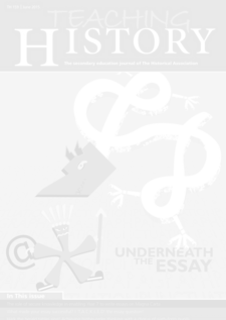 New, Novice or Nervous? 156: Analysing interpretations
New, Novice or Nervous? 156: Analysing interpretations
-
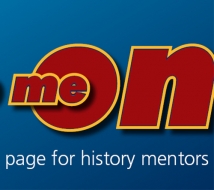 Move Me On 156: Assessment for Learning
Move Me On 156: Assessment for Learning
-
 Helping Year 9 explore the cultural legacies of WW1
Helping Year 9 explore the cultural legacies of WW1
-
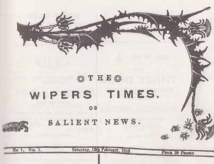 Using The Wipers Times to build an enquiry on the First World War
Using The Wipers Times to build an enquiry on the First World War
-
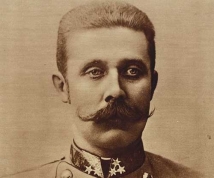 Polychronicon 155: Interpreting the Origins of of the First World War
Polychronicon 155: Interpreting the Origins of of the First World War
-
 On the frontlines of teaching the history of the First World War
On the frontlines of teaching the history of the First World War
-
 Cunning Plan 155: interpreting WW1 events
Cunning Plan 155: interpreting WW1 events
-
 Remembering the First World War: Using a battlefield tour of the Western Front
Remembering the First World War: Using a battlefield tour of the Western Front
-
 Triumphs Show 155: beyond trivial judgements of 'bias'
Triumphs Show 155: beyond trivial judgements of 'bias'
-
 Writing Letchworth's war: developing a sense of the local within historical fiction through primary sources
Writing Letchworth's war: developing a sense of the local within historical fiction through primary sources
-
 Move Me On 155: Historical Intepretation vs. Opinion
Move Me On 155: Historical Intepretation vs. Opinion
-
 New, Novice or Nervous? 155: Similarity & Difference
New, Novice or Nervous? 155: Similarity & Difference
-
 Making sense of the eighteenth century
Making sense of the eighteenth century
-
 Period, place and mental space
Period, place and mental space
-
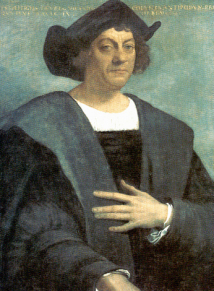 Combating a Cook-centric past through co-curricular learning
Combating a Cook-centric past through co-curricular learning
-
 Polychronicon 154: Elizabeth I
Polychronicon 154: Elizabeth I
-
 Cunning Plan 154: Who is buried in the box?
Cunning Plan 154: Who is buried in the box?
-
 Unpacking the suitcase and finding history: doing justice to the teaching of diverse histories in the classroom
Unpacking the suitcase and finding history: doing justice to the teaching of diverse histories in the classroom
-
 New, Novice or Nervous? 154: Using historical scholarship in the classroom
New, Novice or Nervous? 154: Using historical scholarship in the classroom
-
 Move Me On 154: Mixed Ability Groups
Move Me On 154: Mixed Ability Groups
-
 Waking up to complexity
Waking up to complexity
-
 History, music and law: commemorative cross-curricularity
History, music and law: commemorative cross-curricularity
-
 Bringing Rwanda into the classroom
Bringing Rwanda into the classroom
-
 Can we educate Year 9 in genocide prevention?
Can we educate Year 9 in genocide prevention?
-
 Helping Year 9 debate the purposes of genocide education
Helping Year 9 debate the purposes of genocide education
-
 Polychronicon 153: Re-interpreting Liberation: the end of the Holocaust?
Polychronicon 153: Re-interpreting Liberation: the end of the Holocaust?
-
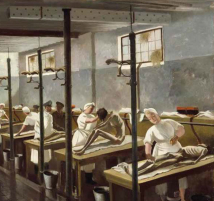 Learning lessons from genocides
Learning lessons from genocides
-
 Move Me On 153: Teaching about genocide
Move Me On 153: Teaching about genocide
-
 An authentic voice: perspectives on the value of listening to survivors of genocide
An authentic voice: perspectives on the value of listening to survivors of genocide

